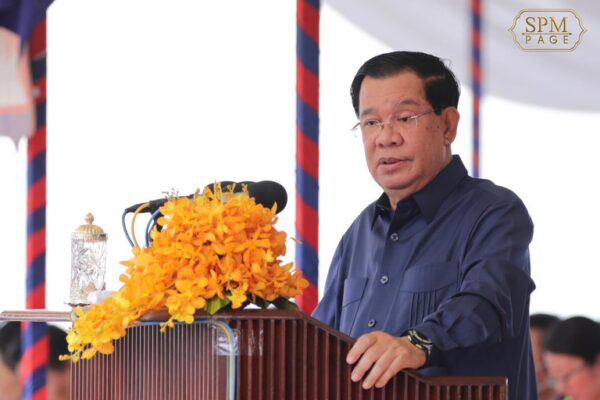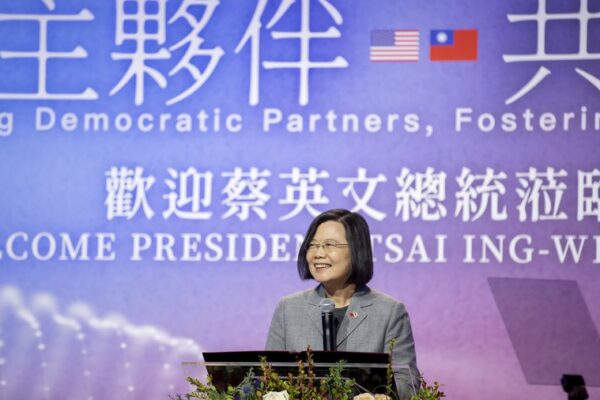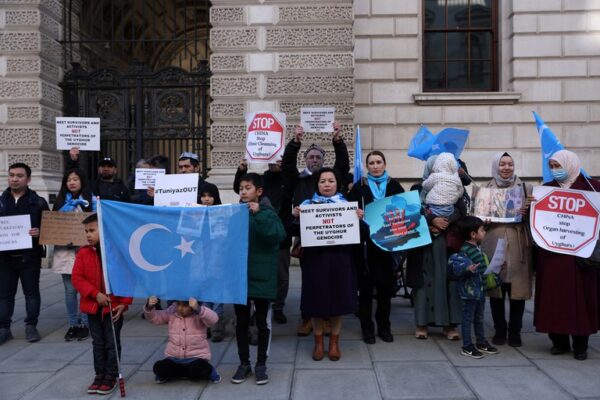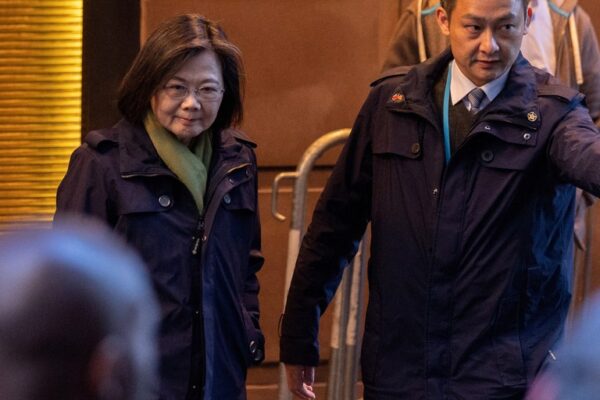
Hun Sen’s eldest son tops Cambodian ruling party’s candidate list ahead of July vote
Long tapped as his father’s successor to lead Cambodia, Hun Manet has been put at the top of the list of 12 parliamentary candidates for the Phnom Penh constituency in the July 23 general elections. Before he runs, Hun Manet, 45, the eldest son of Hun Sen, who has ruled since 1985, is expected to resign from the military – per election rules – where he is deputy commander-in-chief of the Royal Cambodian Armed Forces. Hun Manet posted a short video clip to his Facebook page on Monday, saying that Cambodia would remain independent and strengthen ties with all countries around the world – not just China. “Cambodia’s policy today is not being so close to China and not being so close to anyone,” he said. “It stands neutral, but we encourage and are determined to boost up close relationships with all the nations. “That is our correct policy. We get closer to China, the United States and Japan and we get closer to all other nations,” he said. “That’s what we want.” Hun Manet has had extensive experience overseas. A graduate of the elite United States Military Academy at West Point, he holds a masters in economics from New York University and another graduate degree from the University of Bristol in the United Kingdom. Cambodian Prime Minister Hun Sen, speaking at a hospital inauguration on Monday, says he will continue to hunt and eliminate opposition groups out of the political arena to protect peace and the constitutional monarchy. Credit: Hun Sen Facebook ‘I have to protect my power’ Speaking at the inauguration of a hospital on Monday, Hun Sen used harsh language to respond to recent criticisms of his leadership and his son. The prime minister seemed to target a Buddhist monk now living in exile in Massachusetts who recently criticized Hun Manet for not being qualified to lead the country. In comments posted on Facebook on Sunday, the Venerable Buth Buntenh also said that if Hun Manet became prime minister, he would only do his father’s bidding. “The black guy, who lives in the U.S. – people would know when I call him the black guy,” Hun Sen said while not using Buth Buntenh’s name. “Last night, he said that Hun Sen fears losing power. What you said is right, the contemptible black guy. I have to protect my power because your people always attempt to kill me, why not let me protect it?” Hun Sen also said he would continue to hunt and eliminate opposition groups – who he accused of committing treason – out of the political arena to protect peace and the constitutional monarchy. Malaysian Prime Minister Anwar Ibrahim reviews an honor guard with Cambodia’s Prime Minister Hun Sen in Phnom Penh, Cambodia, on March 27, 2023. Credit: Cambodia’s government cabinet/Handout via Reuters Warning to foreign embassies He also cautioned “Cambodia’s foreign friends” who support opposition party groups and politicians. “You have to choose between an individual group that breaks the laws and the government,” he said at the hospital inauguration in Tbong Khmum province. “Please choose one. If you need those who were penalized by law, please do so, and you can then break diplomatic relations from Cambodia.” The ruling CPP and Hun Sen have been working to silence and intimidate opposition figures ahead of the July general elections through a series of arrests and lawsuits. In the most high-profile example, opposition party leader Kem Sokha was sentenced to 27 years for treason last month in a court decision that was widely condemned as politically motivated. The charges against Kem Sokha related partly to a video recorded in 2013 in which he discusses a strategy to win power with the help of U.S. experts. The United States Embassy has rejected any suggestion that Washington was trying to interfere in Cambodian politics. Hun Sen also mentioned last week’s visit to Phnom Penh of Malaysian Prime Minister Anwar Ibrahim. “He declared that the powerful countries should stop interfering into the affairs of other countries,” Hun Sen said. “I fully support him. I’ve got another good counterpart in ASEAN.” Political analyst Kim Sok said Hun Sen’s language on Monday was “undiplomatic.” Foreign embassies in Phnom Penh – such as the United States – are working to cooperate with Cambodia based on a 1991 multinational agreement that formally ended decades of war in the country and paved the way for parliamentary democracy, he said. “They just monitor the situation to see if Cambodia walks in the path of democracy and multi-liberal pluralism, which is enshrined in the Paris Peace Agreements,” he said. Translated by Sok Ry Sum. Edited by Matt Reed and Malcolm Foster.







